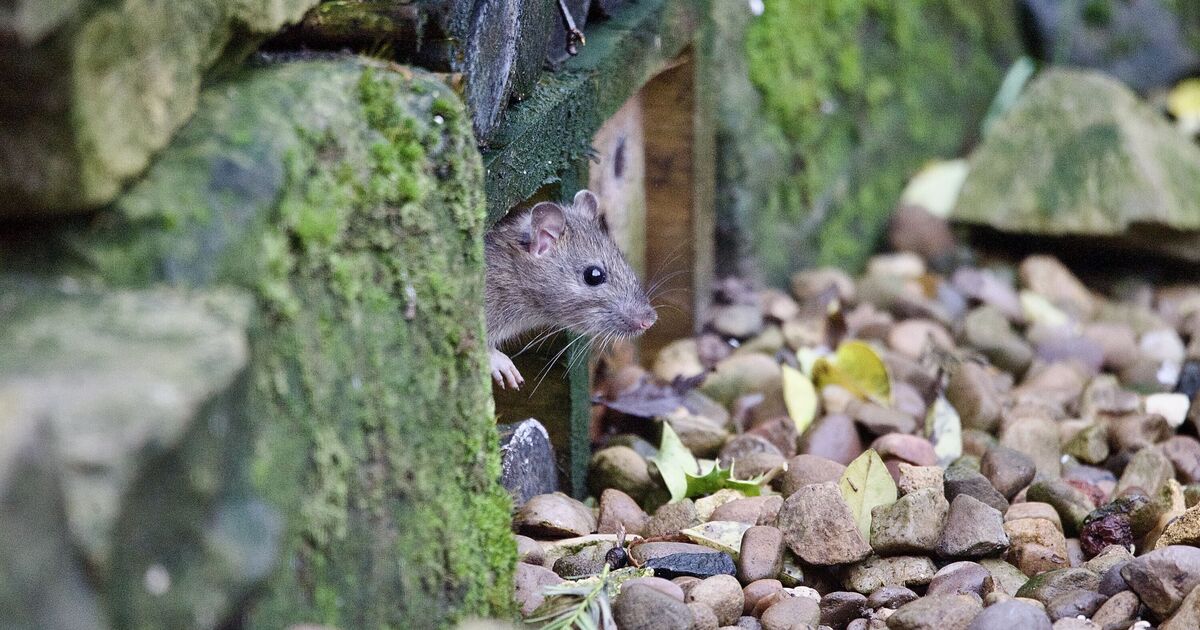In these colder months, gardens are at the mercy of inclement weather and hungry creatures.
Pests aren’t limited to the warmer months, especially in winter when food is far and few between.
Plants fall prey to rats, slugs and all sorts of pests looking for something to eat
Lending a helping hand are the experts at Haon Garden Rooms who have shared their top tips for protecting your garden from pests this February.
From forming a protective barrier, insulating plants and sealing your garden, here’s how to guard against pests.
Mulch insulates the soil, helping to regulate temperature and moisture, but it also serves as a barrier for pests.
Once you’ve applied a thick layer of organic mulch – such as straw, leaves, or wood chips – around plants, it will help deter rodents and insects from burrowing into the soil while keeping plant roots warm and protected.
Even young trees and shrubs can fall victim – rodents such as voles and rabbits may chew on their bark. Ensure you wrap them with a protective guard or mesh and surround shrubs with fencing to prevent rodents from gnawing on them.
While you’re in the garden, check for potential entry points. Rodents like mice and voles seek shelter in garden sheds, greenhouses, and under mulch, so seal up any holes or gaps in fences, sheds, and other structures.
Consider placing hardware cloth around the base of plant beds or garden structures to keep rodents from burrowing in.
It’s also helpful to pull weeds out of your garden before they get too long, ensuring they don’t provide hiding spots or breeding grounds for insects and rodents.
Inspect your garden occasionally throughout the February for signs of pests, such as chewed leaves or tracks if there’s snow, as they can cause damage if left unchecked. Early detection allows you to take action before pests multiply.
“The run up to spring can be a challenging season for gardeners, but with some preparation, it’s possible to protect your plants from the pests that seek refuge in the cold,” said Jason Mennie, Haon Garden Rooms’ managing director.
“By combining preventative measures such as cleaning up garden debris, using natural repellents, and encouraging beneficial wildlife, gardeners can ensure that their garden survives the winter months and is ready to thrive when spring arrives.”












